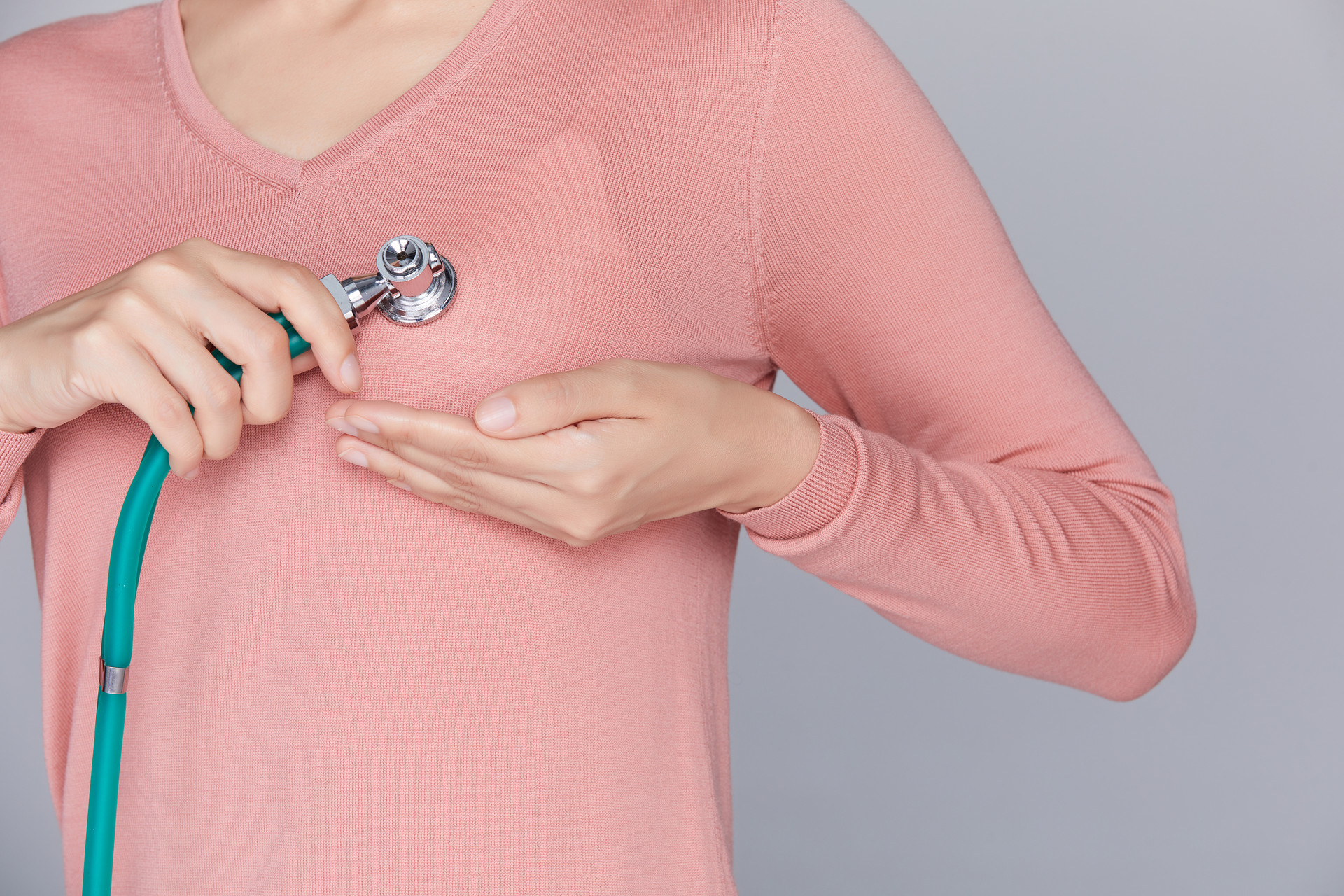Getting married is a big event in life and an important turning point. Newlyweds are in a happy and sweet phase of life, full of youthful energy and excitement. Due to the increased mental and physical labor after marriage, especially frequent sexual activity, there is a greater need for energy and nutrients. Therefore, during the honeymoon period, it is important to pay attention to a scientifically balanced diet and timely replenishment of necessary nutrients. This helps to replenish the body's needs, reduce fatigue symptoms, and promote the physical and mental health of both spouses, leading to a harmonious and enjoyable honeymoon period. It also plays an important role in reproductive health.
The dietary allocation should consider the following principles:
(1) Pay attention to the supplementation of calories and proteins. During the honeymoon period, there is an increased need for calories and proteins. It is important to provide sufficient calories and include protein-rich foods in daily meals, such as lean meat, fish, shrimp, eggs, dairy products, poultry, beans, and their products. Timely protein supplementation is beneficial for the production and quality of male semen, and it can also improve the quality and quantity of sperm. Additionally, the wife may experience slight bleeding due to the rupture of the hymen during the honeymoon period. To promote wound healing, an adequate intake of protein is necessary. Increasing protein intake during the honeymoon period also helps in the recovery of physical strength and lays a foundation for reproductive health.
(2) Ensure sufficient intake of vitamins. B vitamins are involved in the metabolism of proteins and fats, especially vitamin B6, which is involved in estrogen metabolism. Vitamin E has a role in regulating glandular function and can enhance sperm vitality. Vitamin C also has a role in regulating glandular function and can enhance overall immunity. Leafy vegetables and fruits are rich in vitamin C, so it is advisable to choose these foods as much as possible during the honeymoon period.
(3) Ensure the supply of minerals and trace elements. Due to the dietary structure and habits in China, there is a tendency to lack elements such as calcium, iron, zinc, and selenium. Therefore, during the honeymoon period, it is important to pay attention to foods rich in minerals and trace elements. Adequate calcium supply is beneficial for improving male sexual function. Lack of calcium can lead to symptoms such as back pain and limb twitching in men after multiple sexual activities, while women may experience back pain, leg pain, and pelvic pain. Therefore, it is recommended to consume a certain amount of legumes daily, such as tofu, soy milk, and soy products. Foods such as milk, dried shrimp, and sesame sauce also contain abundant calcium. Iron is an essential raw material for the production of red blood cells, and iron deficiency can lead to anemia. Newlyweds with iron-deficiency anemia often feel fatigue, lower back pain, dizziness, pale complexion, lack of concentration, and decreased memory due to frequent and intense sexual activity. Severe anemia can affect sexual life and fetal development. Therefore, it is important for newlyweds to consume foods rich in iron to prevent anemia. Zinc is a versatile nutrient that is involved in the activity of more than 80 enzymes in the body, especially those related to the reproductive system. It is particularly important to supplement zinc during the honeymoon period. Zinc deficiency can lead to decreased sexual desire and sexual performance in men, testicular atrophy, and a decrease in sperm count. In women, it can lead to decreased sexual desire and an increased risk of fetal malformation during pregnancy. Foods with the highest zinc content include oysters, with nearly 100 mg per 100 grams. Beef contains 4-8 mg per 100 grams, while beef liver contains 3.8 mg, chicken liver contains 2.4 mg, eggs contain 3.0 mg, peanuts contain 2.9 mg, and pork contains 2.7 mg. In addition, elements such as phosphorus, sulfur, chromium, and selenium are also components of semen and play a special role in stimulating sperm vitality. These elements should also be supplemented through diet.
(4) Consume foods rich in dietary fiber. Maintaining smooth bowel movements is important after marriage, as women are prone to urinary tract infections during the honeymoon period, which can cause symptoms such as pain during urination, frequent urination, urgency, lower back pain, and fever. In addition to medication, it is important to increase the amount of fluid intake and clean the urinary tract. Men may experience congestion in the prostate, seminal vesicles, and vas deferens due to frequent sexual arousal. Therefore, it is advisable to consume fresh vegetables rich in dietary fiber to promote regular bowel movements and avoid consuming highly irritating foods such as mustard and chili. Consuming foods rich in dietary fiber also helps prevent sterile prostatitis, seminal vesiculitis, and pelvic congestion.
(5) Arrange the honeymoon diet reasonably. To ensure the supply of necessary nutrients during the honeymoon period, nutrition experts recommend that the daily total amount of food for newlyweds should meet the following standards: 250 grams of flour, 200 grams of rice, 50 grams of oil, 300 milliliters of soy milk, 100 grams of tofu, 200 grams of meat, 100 grams of eggs, 200 grams of milk, and 500 grams of various vegetables. Additionally, it is advisable to consume some snacks such as peanuts, walnuts, and fruits to supplement various nutritional needs. If the economic conditions permit, it is also recommended to consume foods with therapeutic and health benefits, such as black fungus, longan, royal jelly, goji berries, soft-shelled turtle, snake meat, bone soup, and mushrooms.
| 1 2 > >> >>|







